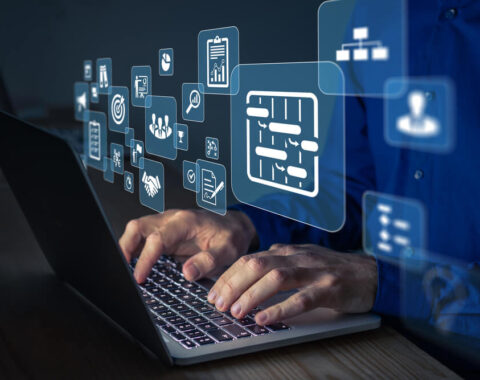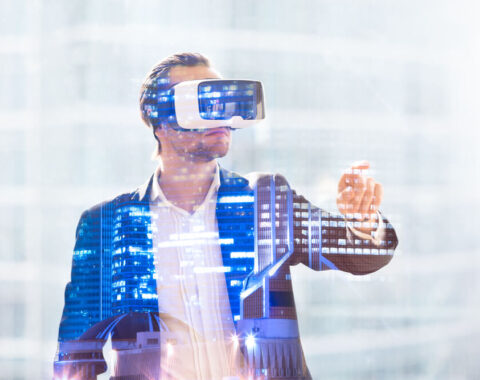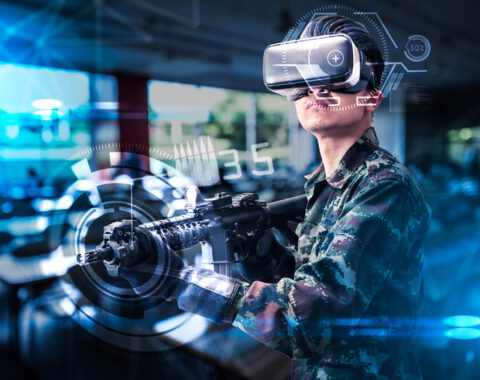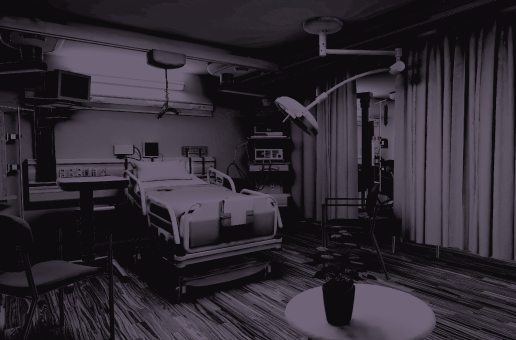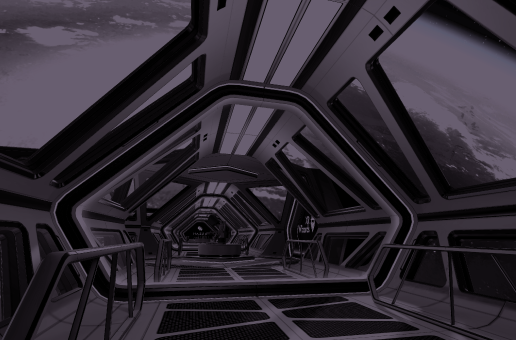Table of Contents:
With VR technologies becoming widely accessible and affordable, there are a host of companies and creators using VR to enhance educational experiences. So, whether in the classroom, at a training workshop or at home, here are some of the ways that VR is improving learning.
Immersion
Traditional classroom experiences can be passive and boring, but VR encourages active participation in highly immersive environments. This removes external distractions, like the temptation to look at your mobile, and, most importantly, increases efficiency in learning. According to the 70/20/10 model, we learn 70% of what we know from experience, but just 20% from other people and 10% from formal learning. And the retention rates from hands on learning are far greater too, with one study conducted by the National Training Laboratory finding a 75% retention rate for experiential learning versus just 5% for lecture-style learning. This makes sense, since the whole body and brain is involved in the VR experience, helping learners to feel present and emotionally engaged in the content. These experiences can be returned to again and again, allowing people to practice and improve skills quickly.
Customizability
In the VR world, the laws of physics can be broken, making the possibility for making diverse worlds endless. Students can expand their imagination and creativity by going to places which it would be impossible to visit in the real world. In one project, students visited a town in the 19th century where they had to deal with historical medical problems but using modern methods from their studies. Those who took part in the VR experience learnt much more about prevention and epidemiology than those who learned the same material without it.
Complex technical tasks can also be replicated in the VR space, so people can practice any number of real-world skills. In schools, this can help students to understand difficult concepts, such as the anatomy of the brain, for example, by showing models in 3D space rather than just reading about it. It can also be used to give unique insights into other cultures, thus helping people to empathise and connect with global society. The VR app Becoming Homeless puts learners into the perspective of a homeless person, offering them the chance to understand their daily struggles and thereby overcoming social boundaries. Even special needs education can be enhanced as content can be fully customized to suit the needs of any students.
Safety
In workplace training, it can be difficult (sometimes impossible) to replicate real-life scenarios in a risk-free environment where people can train safely. Conflict resolution scenarios or difficult medical procedures might be difficult to train for in the real world without it being expensive or dangerous. In the virtual world, employees can learn and develop skills in a safe environment where they can make mistakes without consequences. TargetSolutions has developed firefighter training in VR where users can learn to read smoke coming from a burning building, thus safely developing crucial skills for their job. In another example, Inno-Versity is training law enforcement officers to deal with active shooter situations. Trainees are called out to a live shooting situation where they have to clear a building and avoid injuring a witness. As well as more dangerous scenarios like this, companies can develop their employees’ soft skills in a less stressful setting. Public speaking, customer service and leadership skills can all be developed in a VR space where there is no fear of failure or embarrassment.
Fun
Harnessing the fun and excitement of VR gaming for education can be incredibly powerful. Gamification in Virtual Reality is easy, making potentially boring subjects interesting and engaging. In Number Hunt, students can learn mathematical principles while playing an exciting, fast-paced shooting game with their classmates, making the process far more motivating. What is more, enjoyment reduces stress and fear, so students are more open to learning.
Another benefit of VR – Affordability
Employee training can be expensive, time-consuming, and difficult to organise. But, with VR, company training is easier and more cost-effective. It can be done remotely, avoiding the need for travel, and allowing companies with offices in many locations to bring employees together. It is also quicker, with one PwC study finding that employees completed training four times faster in VR than in person, thus saving time and increasing workplace productivity.
The money-saving potential of Virtual Reality is also useful for schools who cannot afford to send students on expensive field trips. Google Earth VR allows students to travel around the globe without leaving the classroom, while Victory VR’s Frog Dissection app allows children to learn about frog anatomy without the need to buy actual frogs. Once such games have been created, they are also highly scalable and can be quickly and easily disseminated.
Revolutionizing Education and Training
Above all, Virtual Reality training and education is innovative and enjoyable. We’ve all been on training courses or in lessons where somebody talks at you all day, and you barely retain anything. VR changes all that, meaning that learning experiences are much more engaging and fun for all involved, which inevitably improves the quality of understanding and level of learning achieved by the student. The possibilities really are endless, and with diverse fields such as the military and medical professions already using it for training, its applications are only going to multiply.
Read also: Video Games Of The Metaverse
